Fugazi emerged in the late ‘80s from a tightly knit Washington, D.C., punk scene where friendships and collaborative partnerships could be long-lasting, but bands tended to be short-lived. Minor Threat, the revered hardcore band Ian MacKaye had formed as a teenager, was together for just three years. Rites of Spring, Guy Picciotto and Brendan Canty’s band that’s now considered a foundational influence on emo, was active for only two years. But when MacKaye, Picciotto, Canty, and bassist Joe Lally formed Fugazi, their musical chemistry was powerful and instantaneous, and that quartet remained a formidable unit for six albums and more than a thousand shows over the next 15 years.
At a time when scores of underground bands were signing to major labels and making a run at MTV and mainstream radio, Fugazi acquired near-mythical status as indie rock’s biggest holdouts. They released albums for MacKaye’s label Dischord Records at longtime engineer Don Zientara’s Inner Ear Studios that sold hundreds of thousands of copies. But they declined to sign to a major, play Lollapalooza, make music videos, or sell merchandise, while keeping ticket prices for their legendary live shows to an egalitarian $5 flat fee.
More from Spin:
- From the Breeders to the Amps to the Breeders Again: An Oral History of Kim Deal’s Finest Indie Rock Vanishing Act
- Beach Boys Mastermind Brian Wilson Dies At 82
- Turnstile Taking ‘Never Enough’ On Tour
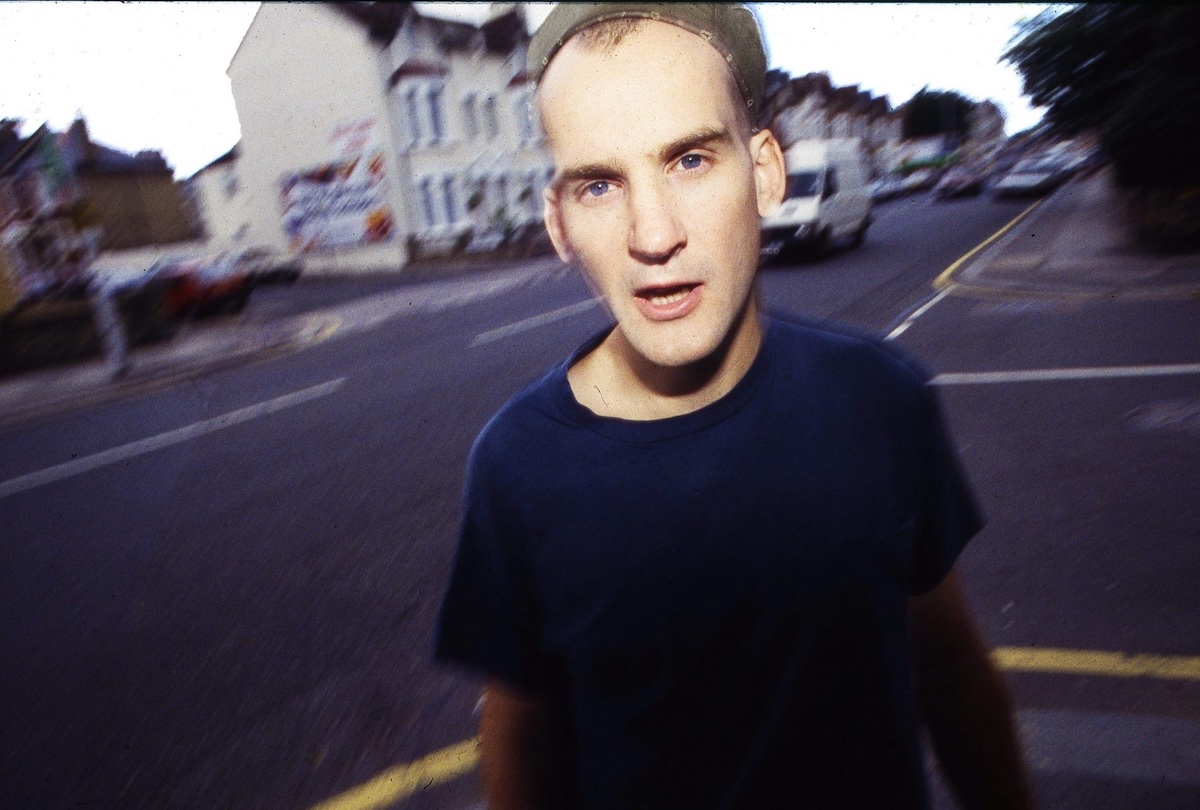
At a certain point, Fugazi’s commitment to DIY principles became oddly divisive, and arguably more famous than their actual music. But with the band’s mix of hardcore aggression, deep grooves drawing from reggae, funk, and go-go, and erudite lyrics that could be personal, political, densely literary, or dreamily abstract, Fugazi became perhaps the most seminal and admired punk band since the Clash.
Without ever officially disbanding, Fugazi has quietly ceased making albums or performing since 2002, although the members of the quartet remain friends and have played together in other bands, including Coriky and the Messthetics. And in 2011, Dischord began releasing hundreds of concert recordings as downloads in the Fugazi Live Series, and put the band’s first and last shows on streaming services for the first time in April.
Fugazi’s fourth full-length, Red Medicine, was released June 12, 1995 and became the band’s highest-charting album, peaking at No. 126 on the Billboard 200. Where does it rank in the band’s revered catalog?
8. Instrument Soundtrack (1999)
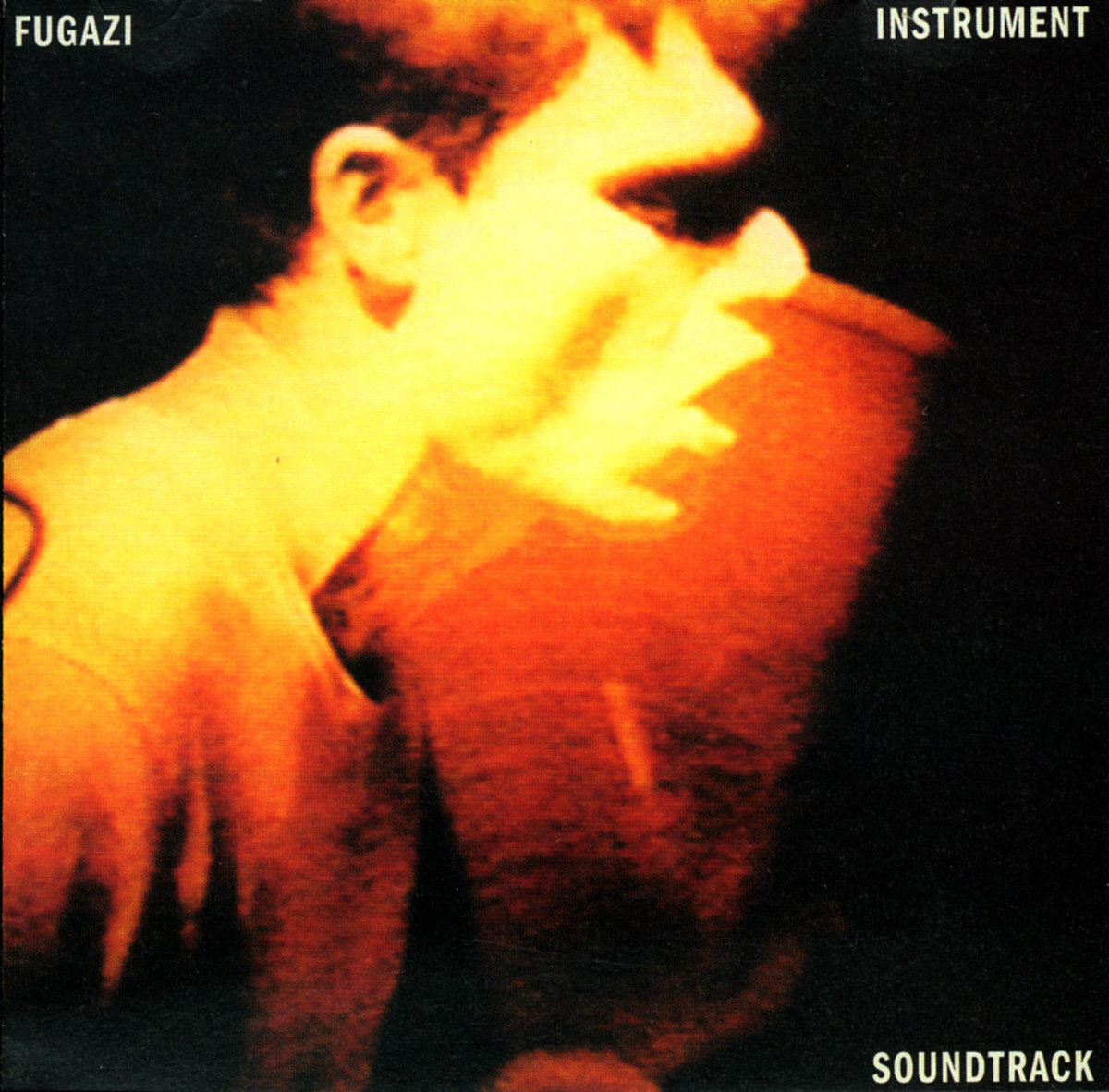
Director Jem Cohen’s documentary Instrument is a must-see for any Fugazi fan, full of revealing and sometimes funny interviews and archival footage that helped puncture the band’s mystique and debunk their image as humorless scolds. The companion soundtrack album isn’t exactly a must-hear, mainly comprising demos and studio outtakes from the sessions for End Hits. It’s the only Fugazi record that’s almost kind of mellow and soothing, and one particularly atypical song struck a chord. “I’m So Tired,” a track that runs under 2 minutes with MacKaye singing softly about depression over a lilting piano melody, has become one of Fugazi’s most-streamed songs ever, currently second only to “Waiting Room.”
7. Steady Diet of Nothing (1991)
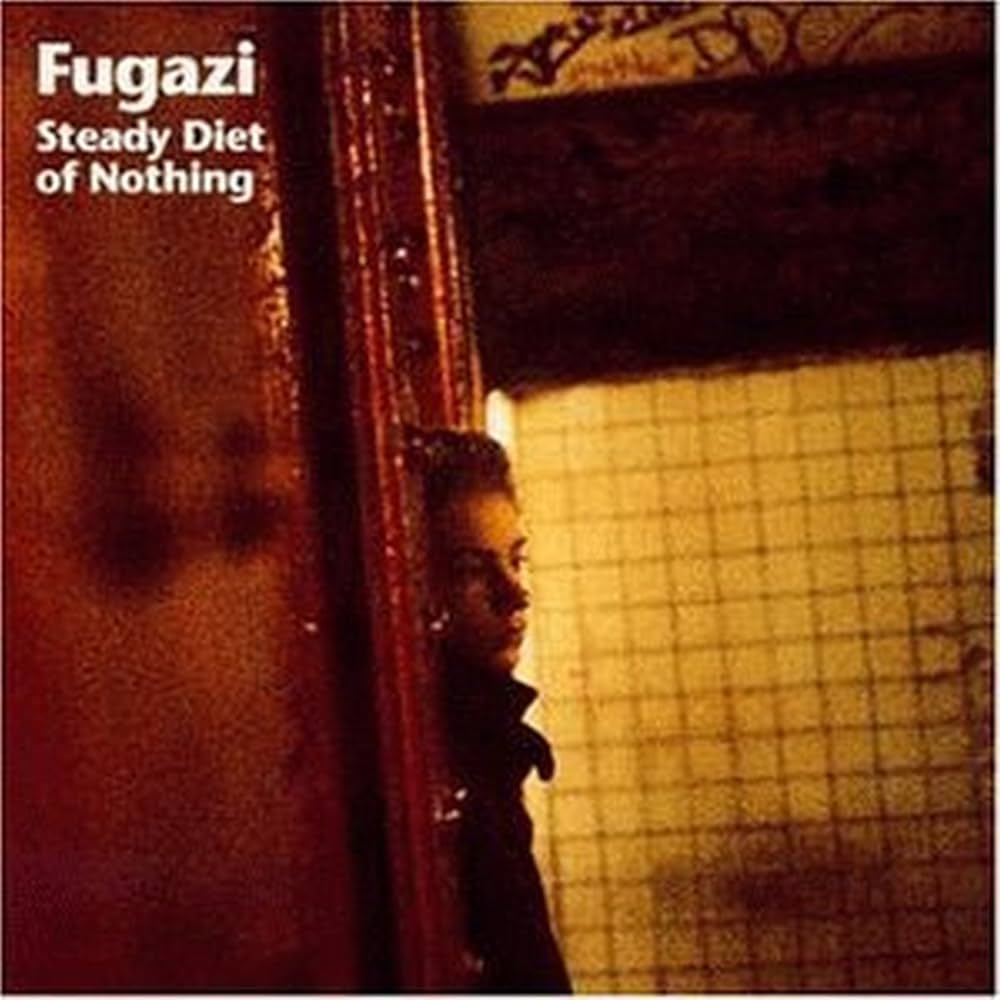
Ted Niceley frequently brought the best out of D.C. bands, producing great albums by Jawbox, Shudder to Think, Girls Against Boys, and most of Fugazi’s releases from 1988 to 1993. Fugazi self-produced Steady Diet of Nothing, however, when Niceley bowed out to focus on his other career as a pastry chef and the band wasn’t quite ready for the task, resulting in a frustratingly flat mix. “Reclamation” and “Long Division” are utterly essential Fugazi tracks, and the best memes about the band often revolve around a frequently misheard lyric in “Latin Roots,” but the songs are better than the album. “The immediate intensity of their live performances doesn’t translate fully in the studio,” Steve Park wrote in the Boston Phoenix review of Steady Diet of Nothing.
6. End Hits (1998)
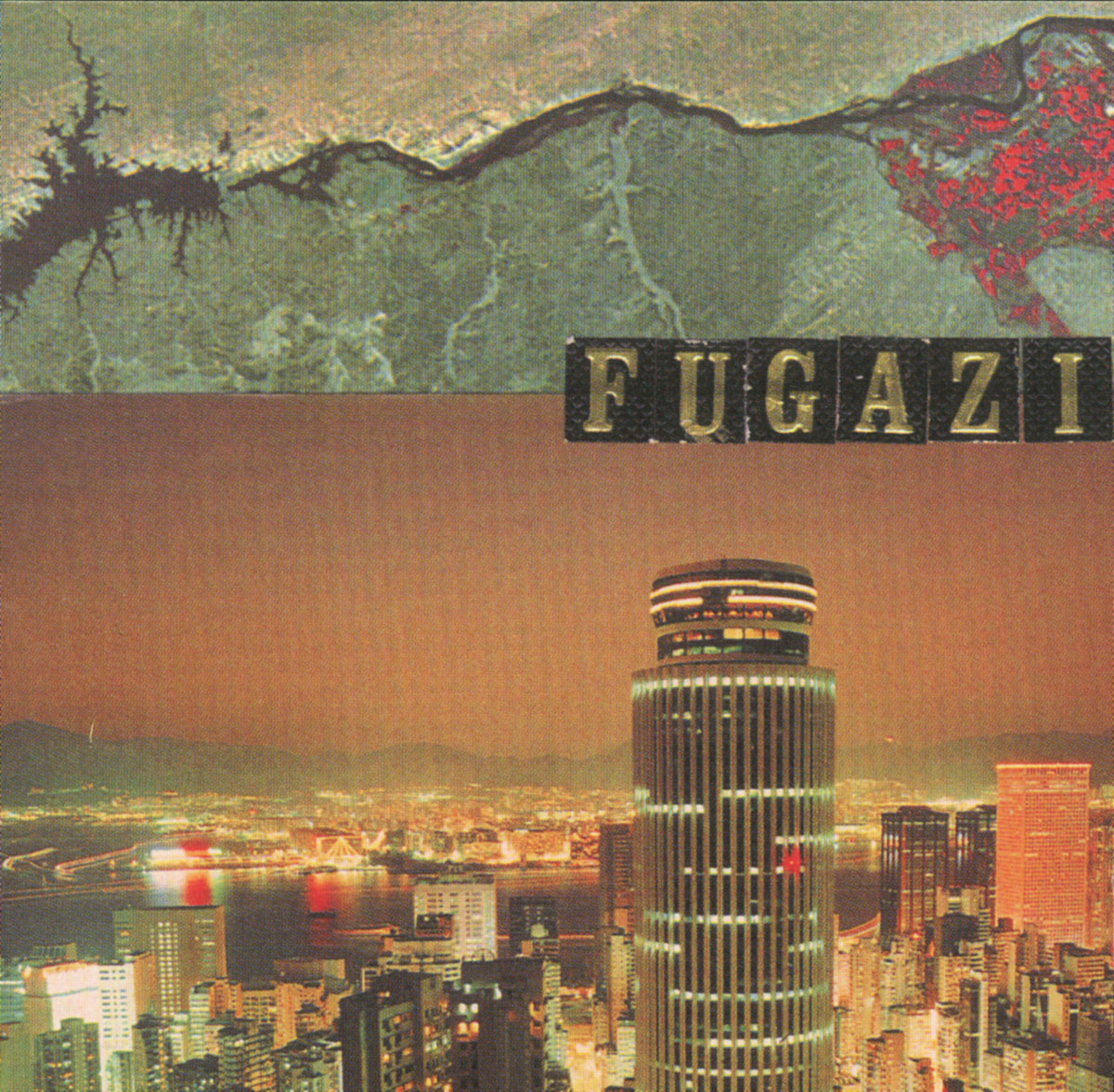
Strategically deployed silence has been one of Fugazi’s favorite weapons since the pregnant pause in the first minute of “Waiting Room,” and the dub punk experimentation of End Hits makes more potent use of negative space than any other Fugazi album. It’s not a record with many crowd-pleasers, but repeat listens reveal novel structures and clever arrangements on “No Surprise” and “Break.” And the bludgeoning force of Fugazi at their heaviest is still used to great effect on “Five Corporations” and “Caustic Acrostic.”
5. 13 Songs (1989)
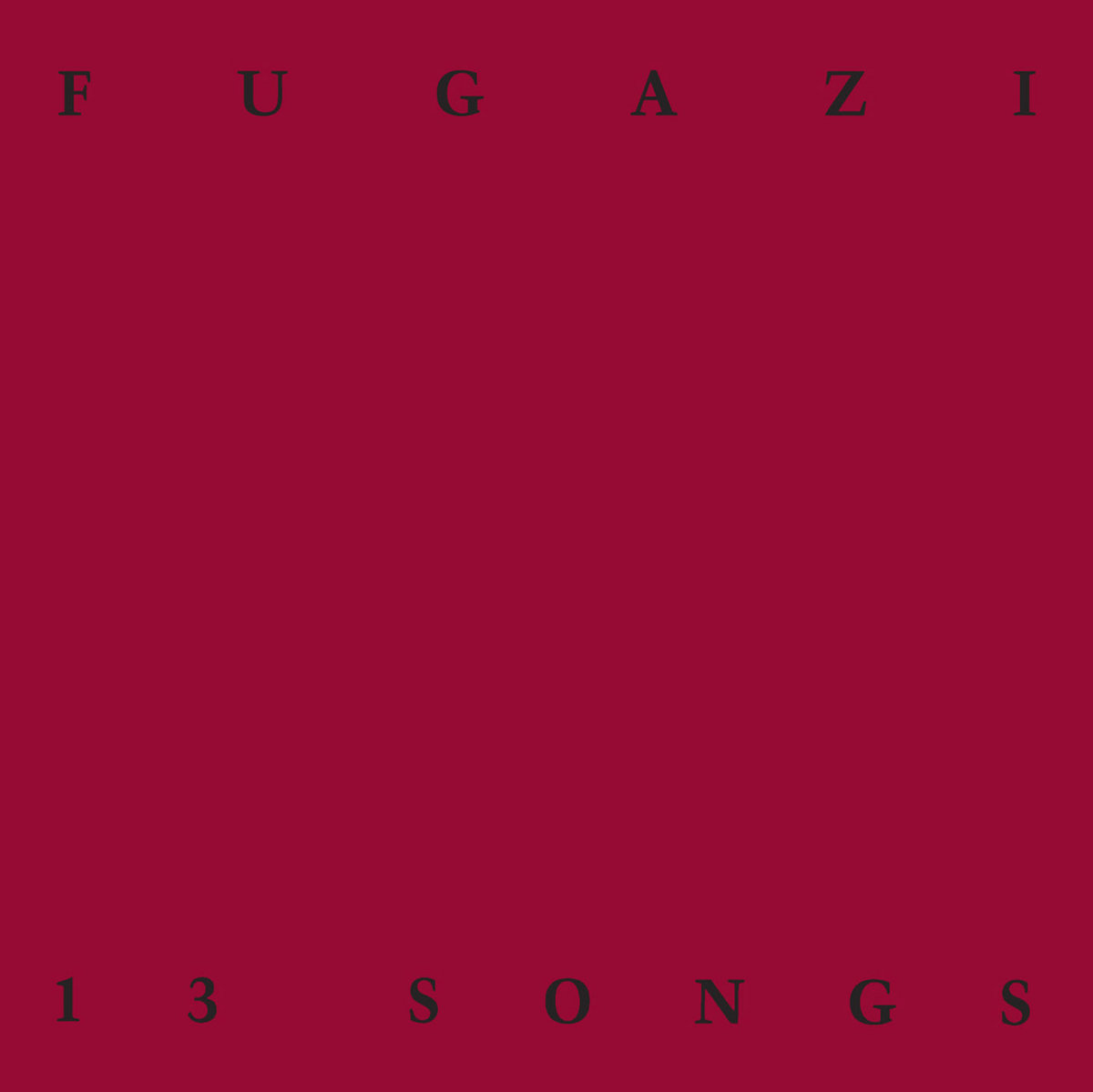
Fugazi was an impressively consistent band that continued picking up new fans throughout their career, but the first song on their first release looms larger than ever over their legacy. “Waiting Room” can now be regularly heard at professional sporting events, and even Metallica briefly jammed on the song when they played D.C. last month. 13 Songs, collecting the band’s first two EPs Fugazi and Margin Walker, hews closely to MacKaye’s original vision of “MC5 plus reggae,” and the earliest iteration of Fugazi wasn’t as dynamic and textured as they’d become once Picciotto added a second guitar into the mix. Still, few bands have ever sounded so purposeful from the very beginning, and “Glue Man” and “Lockdown” are some of the most menacing and visceral tracks they’ve ever recorded.
4. The Argument (2001)

At the time, nobody thought The Argument would be the last Fugazi album. The only time I saw the band live, at Fort Reno Park in Washington, D.C., in 2002, turned out to be Fugazi’s last American concert, a few months before their last show ever in London. Few great bands have gone out on a decisive high note like The Argument, still subtly expanding their sound without diluting their attack. Fugazi began performing with a second drummer, Jerry Busher, in the late ’90s to pull off some of the polyrhythms from End Hits songs onstage. And the handful of tracks on The Argument that feature Busher, including “Epic Problem” and “Ex-Spectator,” give an exhilarating glimpse at the dense sound that the five-piece version of Fugazi was just beginning to develop. “When Guy Picciotto matches his voice to the band’s blitz, it sounds like nothing less than lightning over the Capitol dome,” Chris Ryan wrote in the SPIN review of The Argument.
3. In on the Kill Taker (1993)
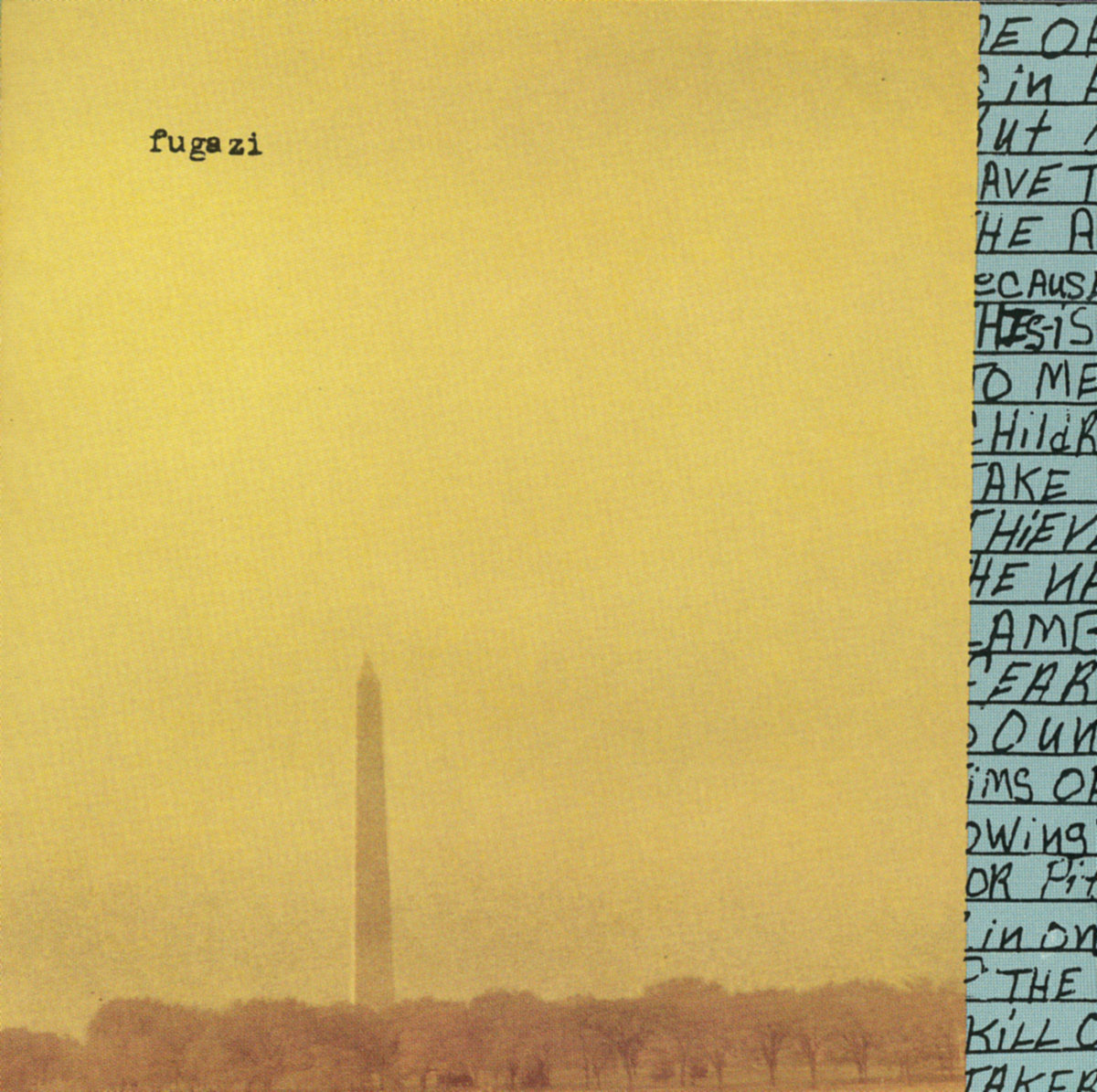
The idea of Fugazi making an album with Steve Albini sounds like the holy grail of ’90s post-punk. But the band’s heavily bootlegged first attempt to record several songs from In on the Kill Taker with Albini at Chicago Recording Company don’t quite live up to the potential of that combination of talents. When the band returned to their home turf at Inner Ear with Niceley, they sharpened and perfected those taut, fiery songs like “Great Cop” and “Smallpox Champion” for what was probably the band’s most pointedly political album.
2. Red Medicine (1995)
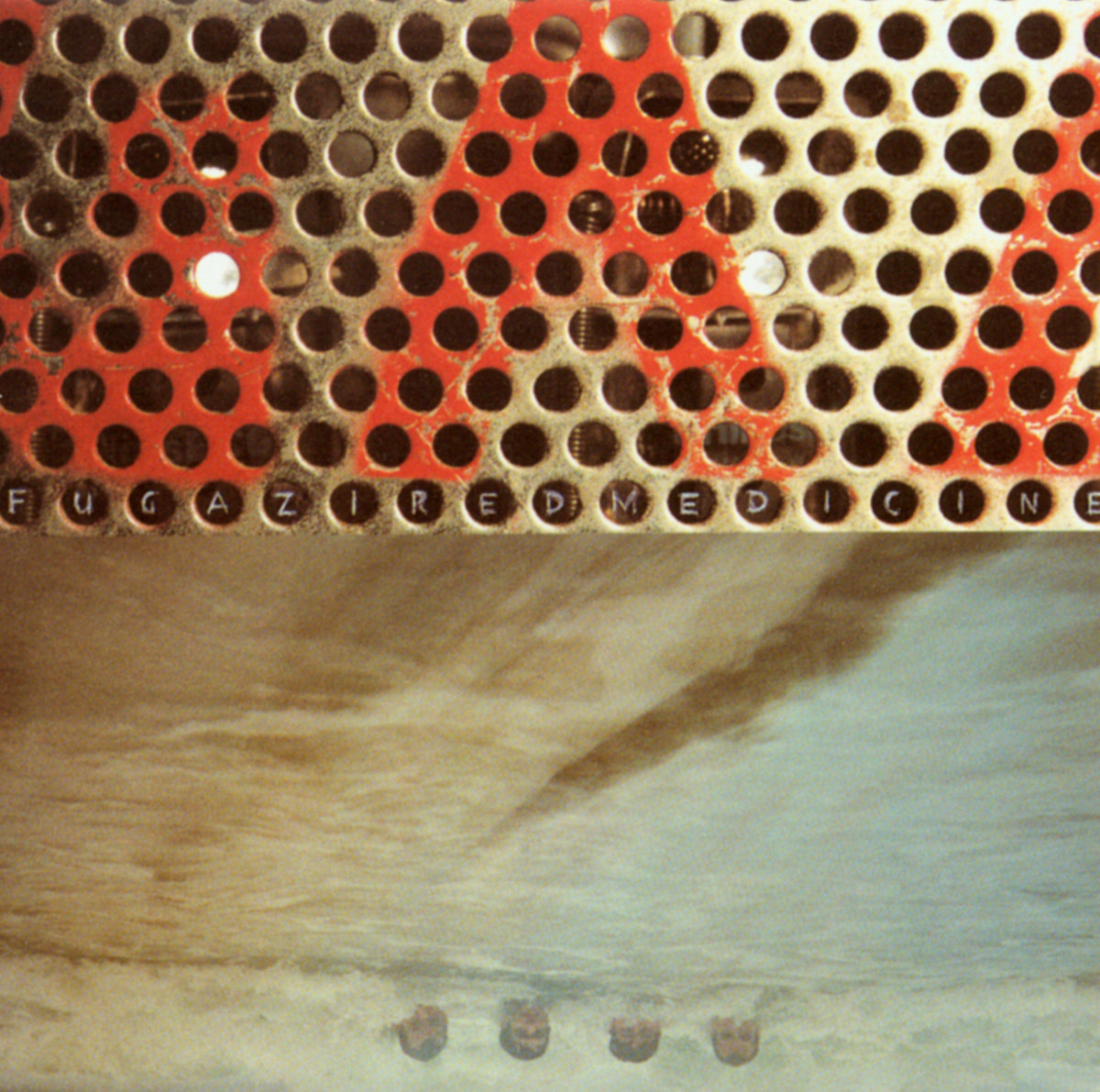
“I realize I hate the sound of guitars / A thousand grudging young millionaires / Forcing silence, sucking sound, forced into this conversation.” Despite Picciotto’s most famous lyrics on the album, from “Target,” Fugazi remained very much a guitar band, one of the best in the world, on Red Medicine. They did begin flirting with different textures on their second self-produced album, though, including Picciotto playing some clarinet and Canty adding a clanging bell to his drum kit. There’s even a musique concrète element to the way tracks like “Do You Like Me” and “Downed City” feature abrupt jumpcuts between distorted lo-fi practice space jams and proper studio recordings. And Lally began to emerge as the band’s third lead singer and lyricist with the simmering epic “By You.”
1. Repeater (1990)
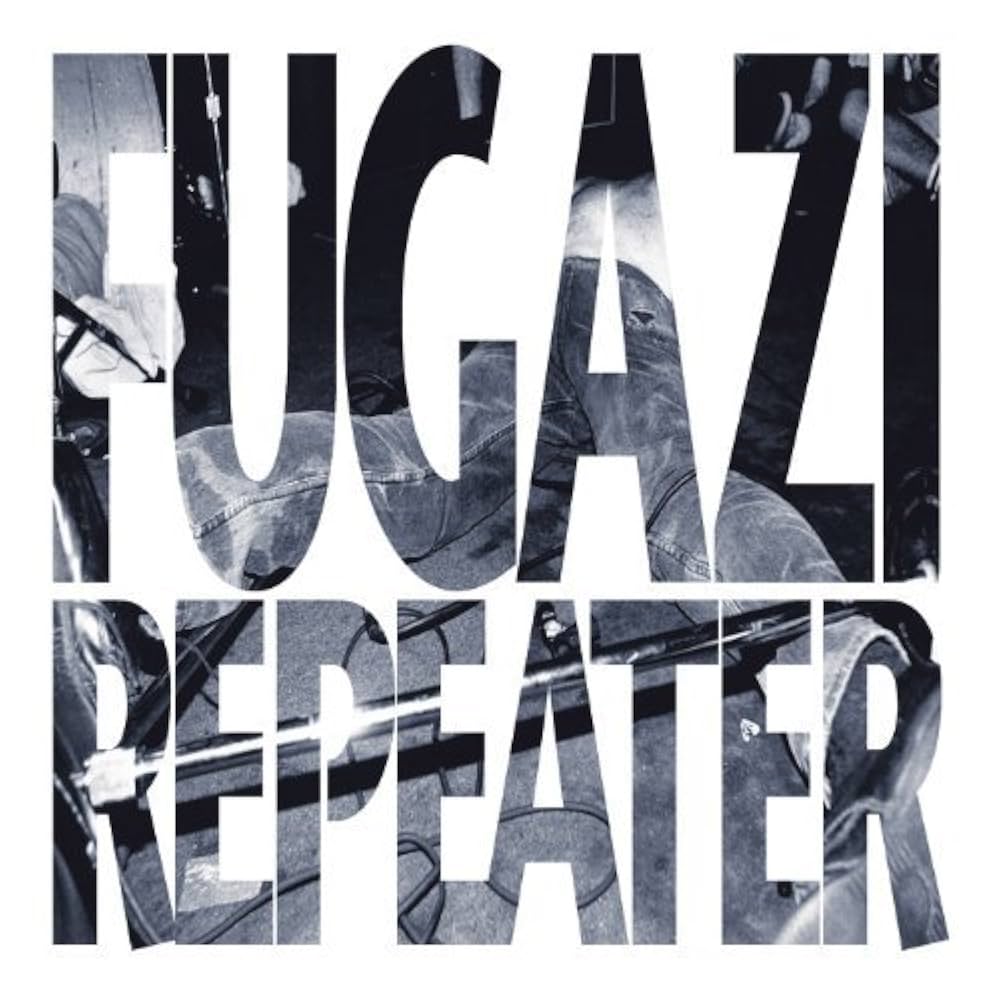
The first time I ever heard of Fugazi was in the early ’90s, when T-shirt catalog advertisements in rock mags always included the bootleg “This is not a Fugazi T-shirt” shirts that became popular when the band abstained from selling official apparel. By that point, Fugazi had made it pretty clear on the Repeater anthem “Merchandise” that they weren’t interested in selling anything besides music. With Picciotto adding a second guitar and taking a greater role in writing songs like “Blueprint” and the blistering “Sieve-Fisted Find,” the band’s proper full-length debut was the point when Fugazi really began to sound unstoppable, and win over a passionate legion of fans who were eager to wear the band’s name on their chests, whether Fugazi wanted them to or not.
To see our running list of the top 100 greatest rock stars of all time, click here.



